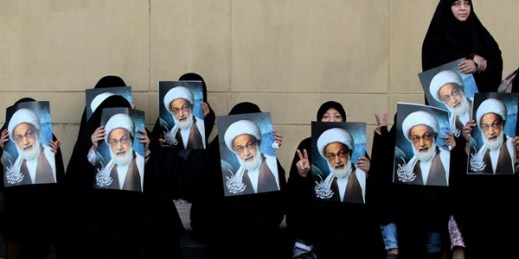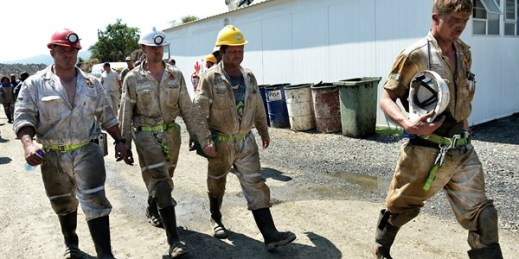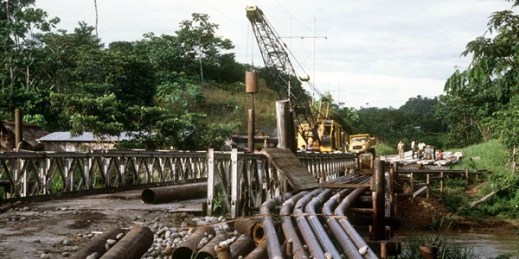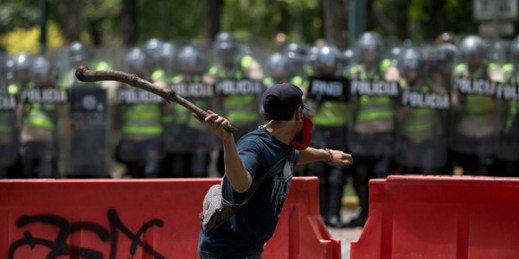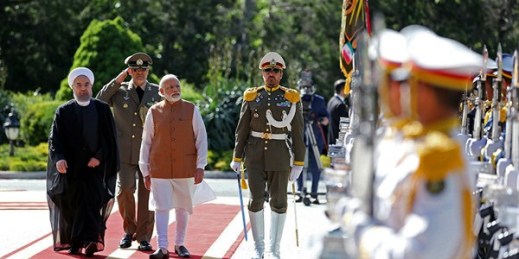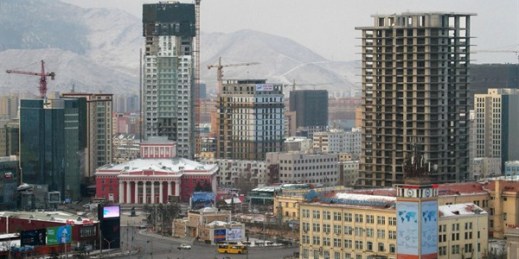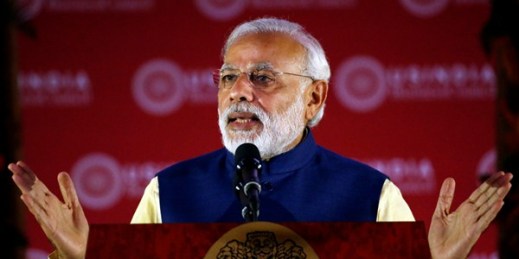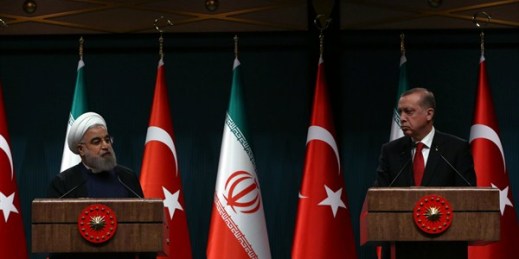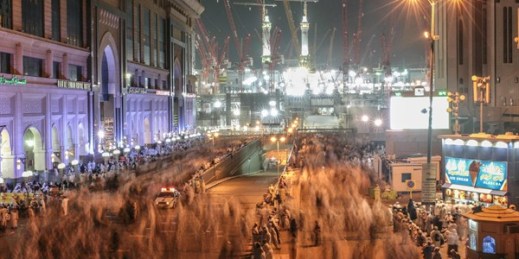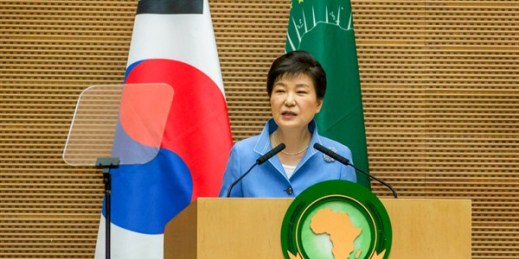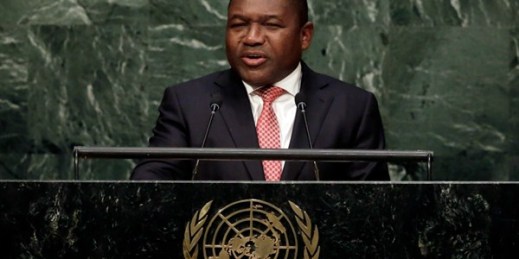
Dialogue between the government of Mozambique and the Renamo opposition movement continued to advance this week, with the ruling Frelimo party naming its final negotiating team after three rounds of preparatory talks. Renamo had already announced its expanded team of negotiators last week for the talks, which are to take place under international mediation in an effort to bring an end to a surge in attacks by Renamo followers on road and rail cargo. The agreement to begin negotiations, and to allow international observers to mediate them, represented a major concession by the government and follows a significant increase in […]

